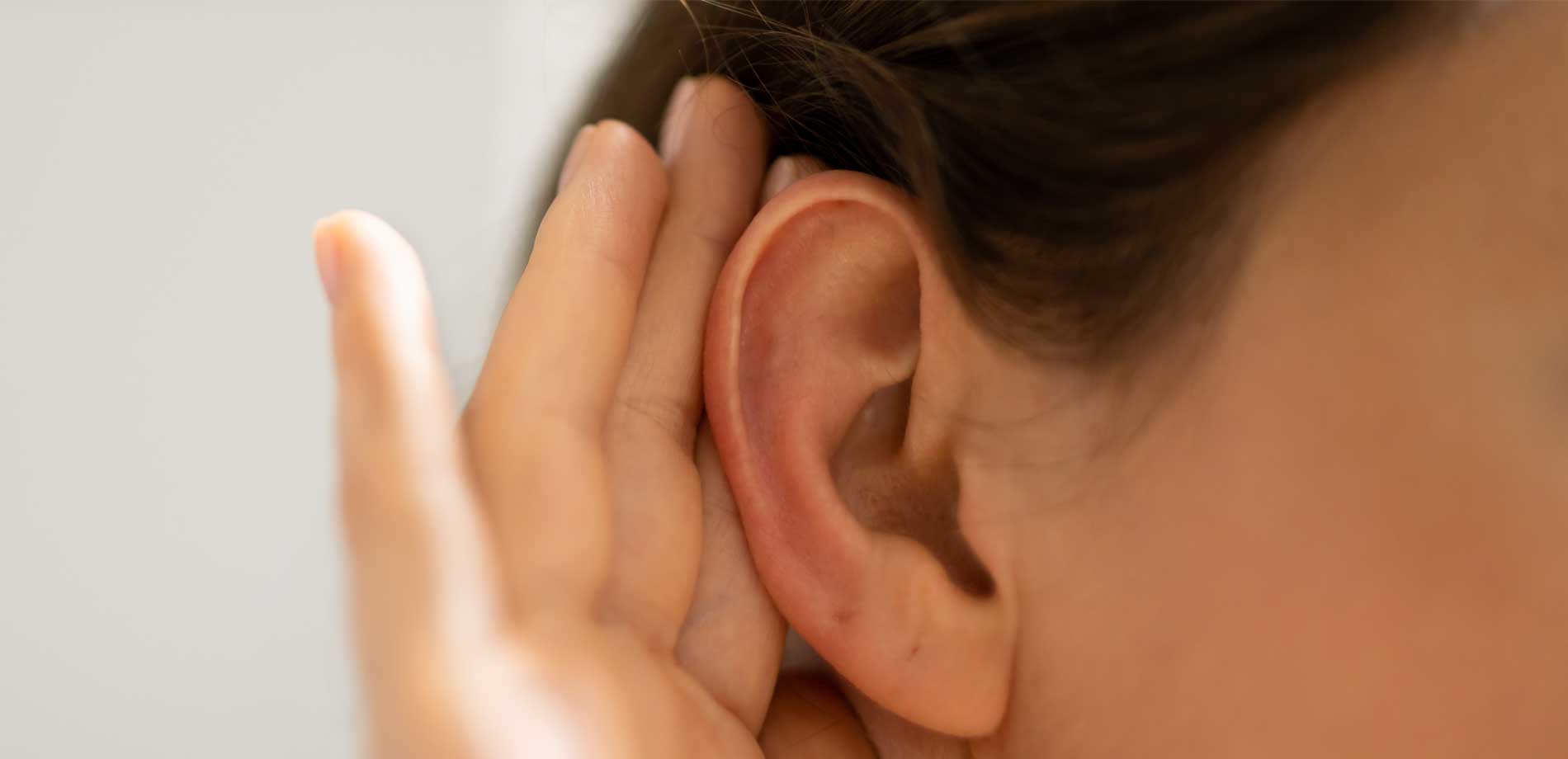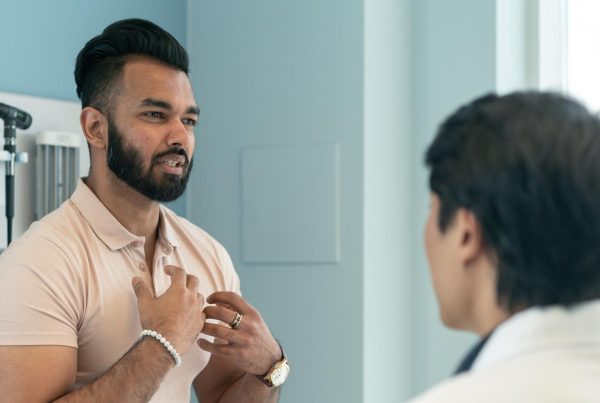Contributed by Alexa C. Rybak | Audiology
According to the Hearing Loss Association of America, it takes seven years on average for someone to seek help for suspected hearing loss. Many wait even longer.
“Unfortunately, there’s still a stigma around hearing loss and hearing aids,” says MetroHealth audiologist Alexa C. Rybak, AuD, CCC-A. “Many people say they would rather endure less-than-clear conversations than ‘look old.’”
Audiologists specialize in hearing, balance, and other related disorders. They evaluate patients for hearing loss and provide therapy and other services that help people living with hearing loss.
Seeing an audiologist doesn’t mean there’s a hearing problem. An initial evaluation serves as a baseline to monitor future hearing loss, and to what degree.
Over The Counter (OTC) Hearing Aids
Over the counter (OTC) hearing aids became available for sale at retail stores and some pharmacies in October 2022. Hearing evaluations are not required to purchase them, but people need to know that avoiding a clinical evaluation could delay diagnosis and treatment of an underlying medical condition.
- limited or no benefit for individuals with a high degree of hearing loss
- lack of customization to one’s ear
- varying return policies set by retailers
In some cases, the cost of OTC devices is comparable to prescription hearing aids available through MetroHealth.
Hearing Aid Program at MetroHealth
Hearing evaluations are normally covered by insurance. Patients may schedule hearing evaluations with the Department of Audiology or are referred by their primary care provider or an ENT (Ear, Nose and Throat) specialist.
Some health plans at least partially cover the cost of hearing aids. Your health insurance dictates how much – if anything – your out-of-pocket costs are. Resources are available for those without insurance or with financial hardships.
Patients return for a custom fitting based on the audiogram results. They are provided with thorough counseling on how to use them. Additional visits are included in the total price of the hearing aids.
Ohio’s Hearing Aid Returns Act gives consumers the right to return a hearing aid for any reason within 30 days after purchase.












